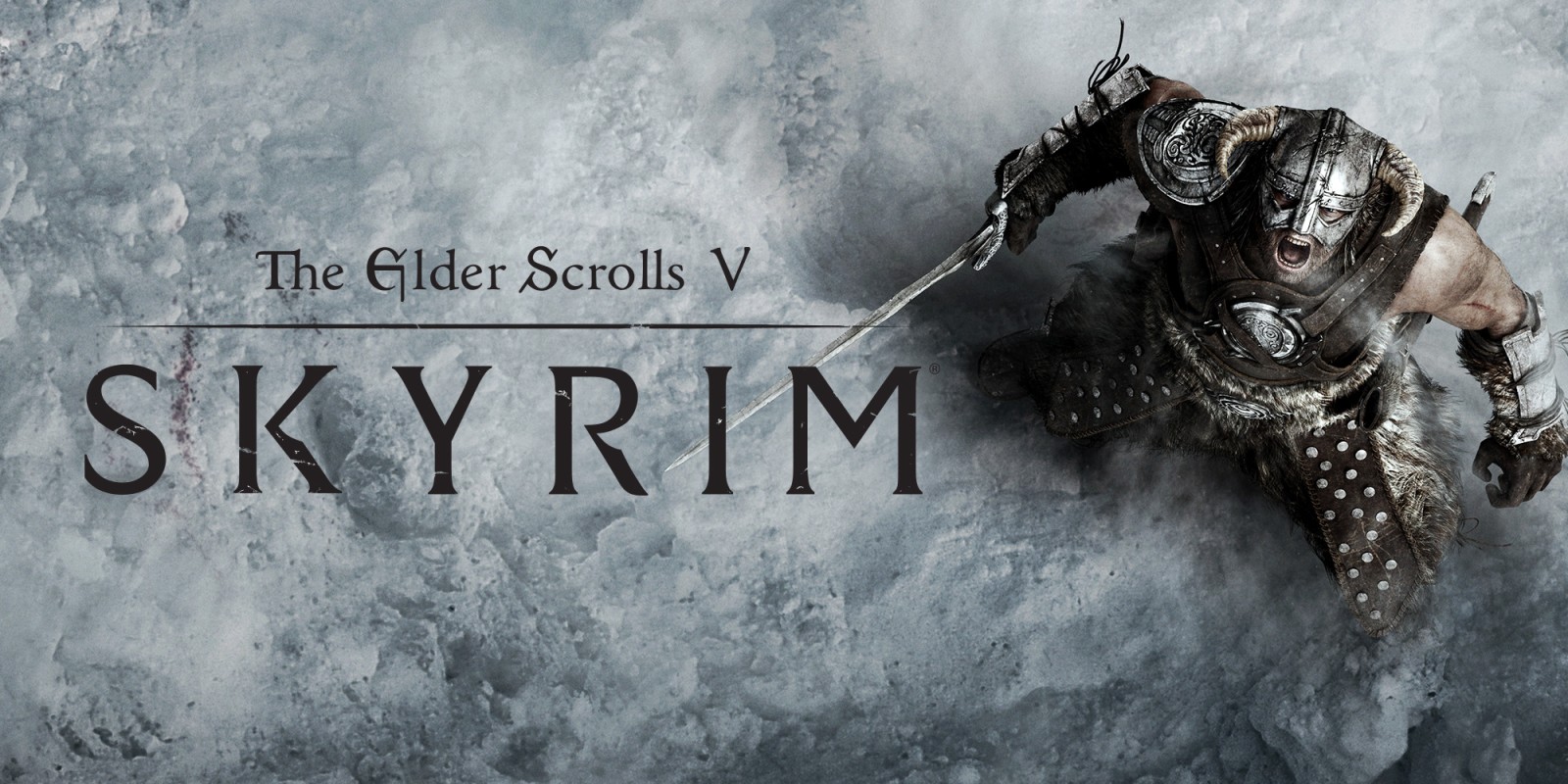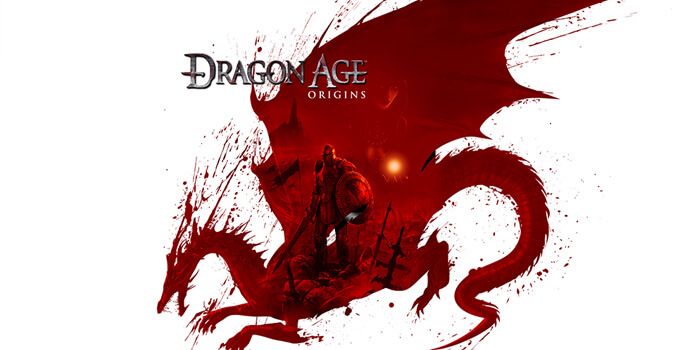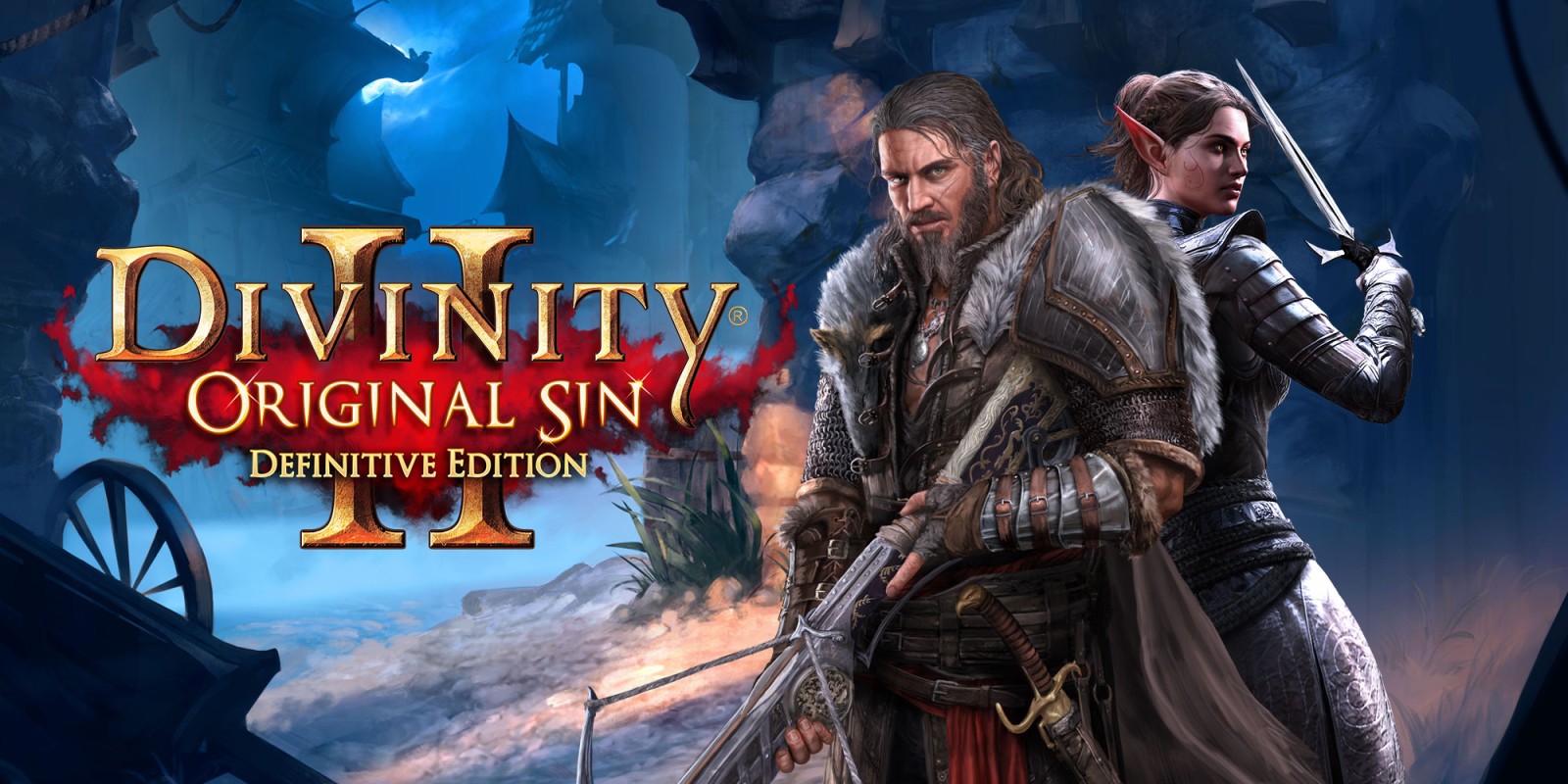10 best RPG games for character development
Last Updated on June 3, 2024 by Jhonni Jets
Role-playing games (RPGs) are a fantastic way to immerse yourself in rich storytelling and meaningful character progression. The best RPGs allow you to take on the role of a customizable protagonist and guide them on a personal journey of growth. Through choices made both big and small, your character will change and evolve as a result of their experiences. In this article, we’ll explore 10 of the finest RPGs for facilitating profound character development through narrative and gameplay.
The Elder Scrolls V: Skyrim

Released in 2011, Skyrim remains one of the most engrossing open-world RPGs ever created. You begin as a prisoner destined for execution and slowly become the legendary Dragonborn over the course of the main questline. However, where Skyrim truly excels is providing a sandbox for emergent roleplaying. Your character’s development is mapped not just through scripted story beats, but organic choices like which skills to improve, factions to join, playstyle to adopt, and moral dilemmas to engage with. With diverse quests, lore-rich side activities, and almost limitless character build options, Skyrim encourages adopting unique identities and forging immersive journeys of transformation.
Fallout: New Vegas

Set in the post-apocalyptic Mojave Wasteland, New Vegas ties with Skyrim as one of the most re playable RPGs. With four main factions vying for control of Hoover Dam and New Vegas, the game offers substantial roleplaying potential through your character’s developing allegiances. Your background, perceptions, and actions will drastically alter how people and quests play out. New Vegas thrives on moral ambiguity, challenging you with dilemmas about helping or exploiting others. Your character’s skills, traits, and reputation evolve in response to the tough choices you make. Further depth comes from memorable companions whose interactions provide windows into their growth. Overall, New Vegas yields richly branching stories that transform based on the character you sculpt through choices.
Dragon Age: Origins

Dragon Age: Origins established Bioware’s acclaimed franchise with a compelling origin system. You first define your character through their race, class, and background, which seeds a unique opening quest. From there, you embark on a sprawling dark fantasy journey as a newly minted Grey Warden tasked with saving Ferelden from a monstrous Blight. Character development progresses through a skill-based progression system alongside story milestones like recruiting companions and gaining their approval or rivalry. Interactions and dialogue choices reflect the character you roleplay as well – paragon or renegade, thoughtful or brash. Dragon Age: Origins encourages vivid experimentation while crafting epically branching narratives customized to your protagonist’s evolving identity.
Pillars of Eternity

Pillars of Eternity transported classic CRPG depth to modern audiences with its richly detailed world of Eora. Here, character development emerges out of thoughtful class and background selections, skill specializations that shape combat viability, and the constant refinement of your stats and abilities via leveling up. However, where Pillars truly shines is its exceptional reactivity systems. Dialogue will change based on attributes like charm or intellect, while factions may develop unique opinions of your character over time depending on persuasion check outcomes. Your choices also birth personal narratives through companion quests and ethical encounters that layer on additional characterization. With so many RPG mechanics working in harmony, Pillars cultivates profoundly customizable characters and stories.
Disco Elysium

Disco Elysium redefined the detective RPG by focusing entirely on roleplaying through dialogue, skills checks and moral/ideological dilemmas. You play a ruined cop investigating a murder in a dystopian city-state. Where this game excels is how 24 distinct skills represent facets of your character’s personality, ideologies, and psyche – influencing everything from thought processes to fashion choices. Leveling skills nurtures new traits, changing your character’s capabilities and identity in storytelling ways. Complex detective work also stimulates inner psychological struggles as repressed memories and moral philosophies clash. Disco Elysium delivers an intensely personal journey of self-discovery that emerges organically from the nuanced roleplaying systems.
The Witcher 3: Wild Hunt

As Geralt of Rivia, a monster hunter mutated with superhuman abilities, The Witcher 3 provides an epic sandbox for living out your ideals amidst devastating war. Geralt’s story is predefined, yet crafting him involves intimate narrative choices that steer his evolving relationships and worldview. Alignment with “Witcher neutrality” or taking partisan stances in conflicts shapes how quests play out. Relationships with beloved companions like Yennefer and Ciri wax and wane based on dialogue choices, as do opinions of factions like the Church. Mastering combat against increasingly sophisticated beasts enhances Geralt’s deadliness while advancing the protagonist on a hero’s journey. Together, these roleplaying mechanics lend The Witcher 3’s journey profound emotional resonance.
Pathfinder: Kingmaker

Based on the acclaimed Pathfinder tabletop system, Kingmaker delivers one of the most simulationist and customizable CRPG experiences available. Here, character identity sprouts from intricately designing stats, abilities, skills and traits during character creation. Additional profundity arises through kingdom management – your burgeoning realm reflecting your priorities and leadership style. Narrative choices ripple widely too, dictating relationship progress with subjects, how quests conclude, and the long term fate of your barony. With so many profound systems interacting, no two rulers are identical in Kingmaker. The game epitomizes emergent roleplaying through reactive simulation craft.
Mass Effect Trilogy

Over three epic sci-fi adventures, the Mass Effect series encouraged novel roleplaying through the character of Commander Shepard. Background, gender, andParagon or Renegade methods shaped the hero’s personality from the start. Relationships with memorable squadmates likewise flow out of dialogue decisions that develop approval/rivalry. Later choices directly revise the backgrounds of companions like Mordin and Legion in heartrending ways. Shepard’s evolving heroism or ruthlessness further impact outcomes across all games. With every action influencing a branching galactic narrative, Mass Effect empowered crafting deeply human sci-fi protagonists and stories in a Living Universe.
Planescape: Torment

In Planescape: Torment, identity is literally a mystery as an amnesiac protagonist explores the bizarre planes of the Dungeons & Dragons multiverse. Here, character growth occurs through dialogues where knowledge skills uncover new facts about your past while emotional skills foster self-realization. Companions likewise develop based on roleplayed alignments, beliefs gaining complexity. Most intriguing are conversations where philosophy, ethos and morality are debated—stimulating introspection. Planescape: Torment revolves around a Journey of purpose, meaning, and coherence through thoughtful roleplaying. Few games so successfully synergize narrative and systems to sculpt profound identity cultivation.
Divinity: Original Sin 2

Larian’s modern classic empowers co-op and solo roleplaying through system-driven choice and consequence. Character creation potently establishes protagonist backgrounds while class picks spawned unique ability arcs. Further customization emerges via a deep combat talent system and crafting/social skills. However, where Divinity 2 truly shines is through environmental interactivity. Every object reacts to magic and warfare, unlocking emergent tactics. Dialogue options splice diverse beliefs. Most enthralling are the ethical dilemmas where decisions birth unforeseen quest lines. With so many systemic story drivers, Divinity 2 cultivates truly bespoke character drama and Legacies through creative expression.
In conclusion, the finest RPGs facilitate profoundly customized character journeys and narratives through thoughtful roleplaying systems. Whether defined through origins, stat-based progression, reactive dialogue trees or emergent simulation, these games empower crafting vivid protagonist identities through choices big and small. They reward experimenting with builds, alignments and playstyles to foster distinctive storytelling experiences. Most importantly, they invite unfolding characters organically through discovery and self-guided reflection – making RPGs brilliant mediums for personal growth.







